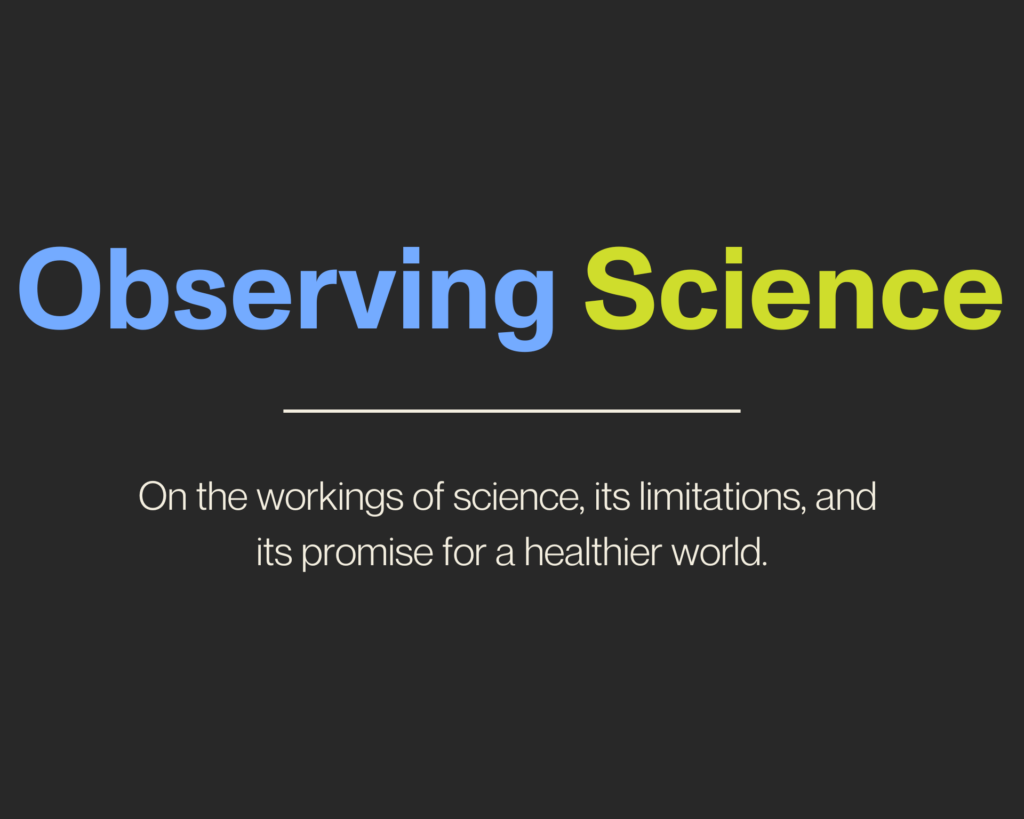Making a Case for a Public Option
The second of three essays chosen in PHP’s first essay contest “Dear Paul Ryan…”

Read Time: 6 minutes
Published:
We’re pleased to publish the second of two finalists in PHP’s first essay contest “Dear Paul Ryan…” Read our other finalist here. The winning essay will be published tomorrow (Thursday, January 18, 2017).
Dear Mr. Speaker,
I believe in the ability of public health initiatives to improve the lives of individual Americans as well as the country as a whole. Public health focuses on population health and preventative measures that improve health. Historical public health movements have resulted in providing clean water, creating sewage systems, and improving unsafe housing conditions in order to prevent epidemics such as typhoid, yellow fever, and cholera. Individuals are not equipped to deal with these systemic issues, thus the government must step in to provide the needed interventions. I ask you to prioritize public health as the Speaker of the House in order to ensure better access to health care, lower health care costs, and to improve both health and economic outcomes.
The United States spends the most on health care per capita in the world but Americans often have worse health outcomes than individuals in the other countries. In 2015, the United States spent 16.9% of its GDP on all health expenditures. Switzerland, the Organization for Economic Co-operation and Development (OECD) country that has the second highest percentage, spent only 11.5% of its GDP that year. This number may be justifiable if the United States had the best health outcomes, but unfortunately we do not. Life expectancy at birth in the United States ranks 26th out of 38 OECD countries and the infant mortality rate in the United States is higher than the OECD average. If we are spending more, we should be getting more.
Keeping the Patient Protection and Affordable Care Act (ACA) is the most pressing way at the moment our federal government can promote public health.
Many poor health outcomes are a result of social determinants of health and people not receiving the care they need. Low socioeconomic status often means higher disease rates and premature death due in part to inadequate access to health care. It is morally wrong to deny people equal access to living a quality life, and it is also bad for society. Sick people are not able to give back as much as healthy people. A recent NBER working paper shows that children who were eligible for Medicaid at an earlier age had lower mortality and disability rates as adults, earned more income, and reduced overall governmental spending because of increased tax contributions and decreased benefit payments. Health and productivity are intertwined, thus better health for individuals provides a more stable bottom line for America.
Keeping the Patient Protection and Affordable Care Act (ACA) is the most pressing way at the moment our federal government can promote public health. The ACA has successfully achieved its goal of providing greater access to health insurance. Twenty million more Americans are now more likely to get the care they need without suffering dire financial consequences. I realize the ACA is incredibly unpopular with you, despite its successes, but I urge you to reconsider your position on repealing and delaying. A report by the Urban Institute lists the disastrous ramifications of partially repealing the ACA, stating that uninsurance rates and health care costs would be even higher than before the ACA.
It is morally wrong to deny people equal access to living a quality life, and it is also bad for society.
If the individual mandate is eliminated, whether through a full repeal or a budget reconciliation bill, healthy people will be less likely to sign up for insurance and premiums would continue to rise. If subsidies are also reduced, people will be unable to afford insurance on the exchange, meaning that the ACA will be effectively destroyed. I would like to propose a different option.
You’ve heard this before but I would like for you to consider it and its benefits: the government-run public insurance option. I ask you to reconsider because the ACA and the public option have more support than you may think and providing a public option will mean that more people can stay insured and receive the preventative care they need. Republicans are backpedaling on their desire to repeal the ACA in its entirety and polls show that more Americans want to expand or keep the law as is compared to repealing or limiting the reach of the law. Similarly, more Americans are in support of a public option plan than not, and the majority of physicians support having a public option.
Repealing parts of the ACA has already been shown to be unpopular, and maybe even impossible. The newly elected Governor of Kentucky ran his campaign on the promise of undoing Medicaid expansion in the state. When he got into office, he was unable to take the insurance away from 425,000 individuals and switched his goal to reforming instead of repealing. I realize people do not expect Republicans to consider this proposal and therefore look for other, and I argue more complicated, ways to improve the ACA. But I think this is the right thing to do and it should be considered.
A public option would address some of the problems of the ACA, including private insurers leaving the market place since it would serve as an option in marketplaces where there are no other options. Since the government does not need to make a profit, it should provide an insurance option that is lower-cost that provides higher quality. It could be budget neutral if it served as a place for people to pool their premiums. Also the government could set its payments to providers lower as it does for Medicare and Medicaid, thus lowering health care costs. Perhaps the best way to do this is through Medicaid managed-care plans as suggested recently by Michael Sparer in New England Journal of Medicine, but either way, there must be a government-run option in the ACA marketplace in order to improve the health care system in the United States.
Featured Image: LaDawna Howard, #protectthelaw Rally in support of the Affordable Care Act in front of the US Supreme Court in Washington DC, can be reused under CC BY 2.0 license


